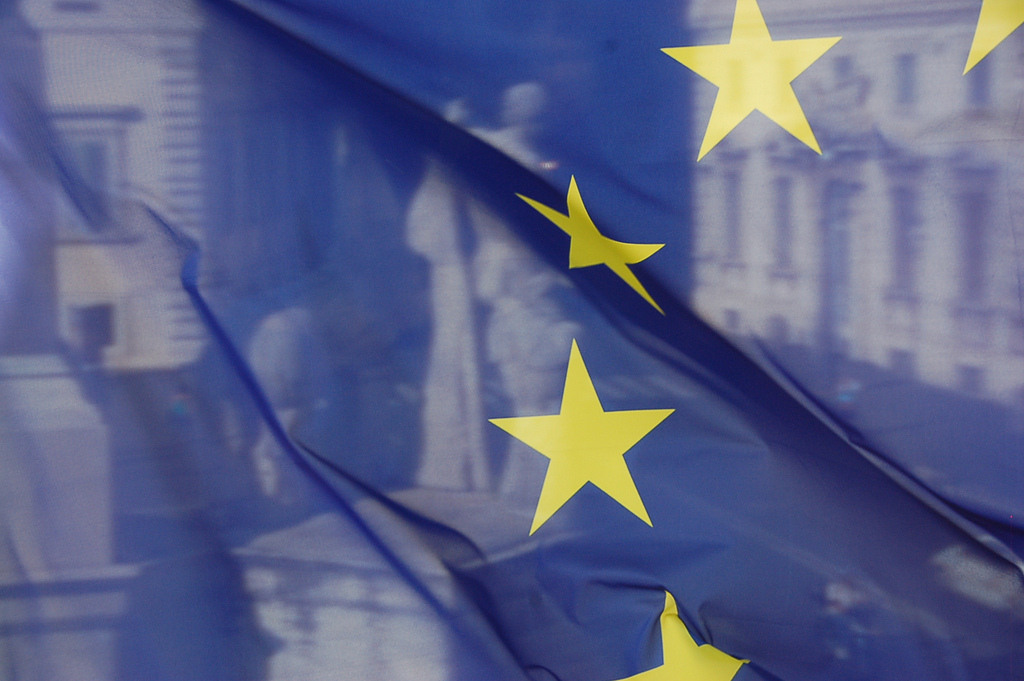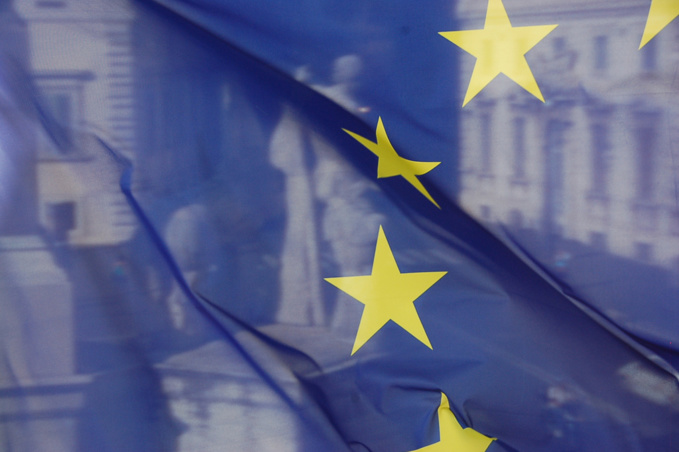The initiative to hold an extraordinary quadripartite summit came from French President Francois Hollande. This meeting, as well as other two upcoming EU summits, are actually the last chance for him to manifest himself on the international scene until the end of his presidential term.
The four-party summit at Versailles is expected to end with a clear common position of France, Germany, Italy and Spain. According to French Journal du Dimanche, the resolution will offer a view of four countries on further development of the EU. At that, there is no doubt that the authors will be relying on scenarios of development, which the European Commission proposed last week in a "White Paper" of the EU. There are five options: to leave everything as it is, to focus on the single market, selective European integration, and less or more European integration for all. It seems that Paris, Berlin, Rome and Madrid like the third scenario the most. Media have already called the project "Multi-speed Europe". Its idea implies that the EU should be kept in its current form, and those wishing further rapprochement are free to do it. Authors of the "White Paper" warn that this scheme may result in creation of two European camps – more and less integrated.
Several European countries have already opposed this plan. "We do not agree with division within the EU", - warned, in particular, Prime Minister of Poland Beata Szydło. However, President Hollande tried to reassure partners. "We are not talking about that four countries of the EU are definig future for all – he said. - But we are four important European state, and it is our task to speak together about the fact that we want to undertake with the other countries."
Joint declaration on results of today's mini-summit will be presented in Rome on 25 March.
The idea of creating a "two-speed" block to save the union from troubles is, essentially, division into winners and losers. There is something similar in the euro area, but this project is more global and pivotal.
Now, there are some core EU leaders, such as countries-founders, and newcomers, troubled states and so on.
Formally, the unit continues to exist, but not in the form of a confederation of 28 states. It is more reminiscent of a confederation of six or more states, and a group of less successful and politically immature countries.
Supporters of the project, including Merkel, Juncker and Italian Prime Minister Paolo Gentiloni, emphasize that the "Multi-speed Europe" is a step toward equality. In their opinion, not everyone today is able to keep up with the EU leaders, and not all are ready to fully implement Brussels directives. Many countries want greater autonomy.
Those, who desire a closer union, are basically promoting an idea of a federation. An open letter to speakers of the lower chambers of the parliaments of France, Germany, Luxembourg and Italy, published in Italian newspaper La Stampa, proves it. "It is now time to move towards closer political integration, creation of a federal union of states with greater powers ... Those, who believe in European ideals, should be able to revive the EU to a new level, not helplessly watch his decline. Other EU member states that do not want to immediately accede to it will have an opportunity to do it later", - the letter says.
Solve your problems, create stronger economies, fight against corruption, and you will become a member of the club. That is, the unit is being restarted.
How exactly will the new European Union work? Will be there just one capital or opponents to further integration will create a separate center, for example, in Warsaw. There is a lot of questions, and Merkel and Co. have yet to convince other members of the community in value of their ideas and sketch several options for its implementation.
source: reuters.com, wsj.com
The four-party summit at Versailles is expected to end with a clear common position of France, Germany, Italy and Spain. According to French Journal du Dimanche, the resolution will offer a view of four countries on further development of the EU. At that, there is no doubt that the authors will be relying on scenarios of development, which the European Commission proposed last week in a "White Paper" of the EU. There are five options: to leave everything as it is, to focus on the single market, selective European integration, and less or more European integration for all. It seems that Paris, Berlin, Rome and Madrid like the third scenario the most. Media have already called the project "Multi-speed Europe". Its idea implies that the EU should be kept in its current form, and those wishing further rapprochement are free to do it. Authors of the "White Paper" warn that this scheme may result in creation of two European camps – more and less integrated.
Several European countries have already opposed this plan. "We do not agree with division within the EU", - warned, in particular, Prime Minister of Poland Beata Szydło. However, President Hollande tried to reassure partners. "We are not talking about that four countries of the EU are definig future for all – he said. - But we are four important European state, and it is our task to speak together about the fact that we want to undertake with the other countries."
Joint declaration on results of today's mini-summit will be presented in Rome on 25 March.
The idea of creating a "two-speed" block to save the union from troubles is, essentially, division into winners and losers. There is something similar in the euro area, but this project is more global and pivotal.
Now, there are some core EU leaders, such as countries-founders, and newcomers, troubled states and so on.
Formally, the unit continues to exist, but not in the form of a confederation of 28 states. It is more reminiscent of a confederation of six or more states, and a group of less successful and politically immature countries.
Supporters of the project, including Merkel, Juncker and Italian Prime Minister Paolo Gentiloni, emphasize that the "Multi-speed Europe" is a step toward equality. In their opinion, not everyone today is able to keep up with the EU leaders, and not all are ready to fully implement Brussels directives. Many countries want greater autonomy.
Those, who desire a closer union, are basically promoting an idea of a federation. An open letter to speakers of the lower chambers of the parliaments of France, Germany, Luxembourg and Italy, published in Italian newspaper La Stampa, proves it. "It is now time to move towards closer political integration, creation of a federal union of states with greater powers ... Those, who believe in European ideals, should be able to revive the EU to a new level, not helplessly watch his decline. Other EU member states that do not want to immediately accede to it will have an opportunity to do it later", - the letter says.
Solve your problems, create stronger economies, fight against corruption, and you will become a member of the club. That is, the unit is being restarted.
How exactly will the new European Union work? Will be there just one capital or opponents to further integration will create a separate center, for example, in Warsaw. There is a lot of questions, and Merkel and Co. have yet to convince other members of the community in value of their ideas and sketch several options for its implementation.
source: reuters.com, wsj.com



















